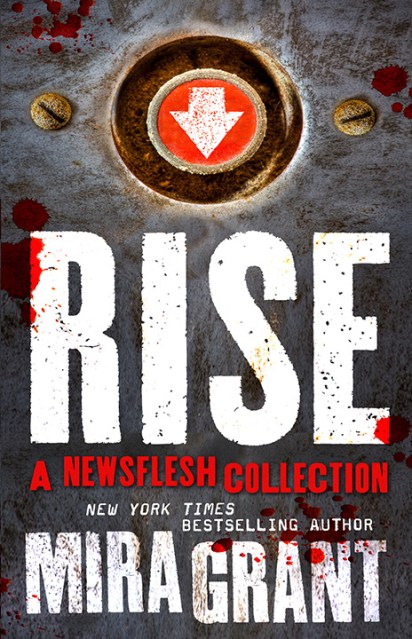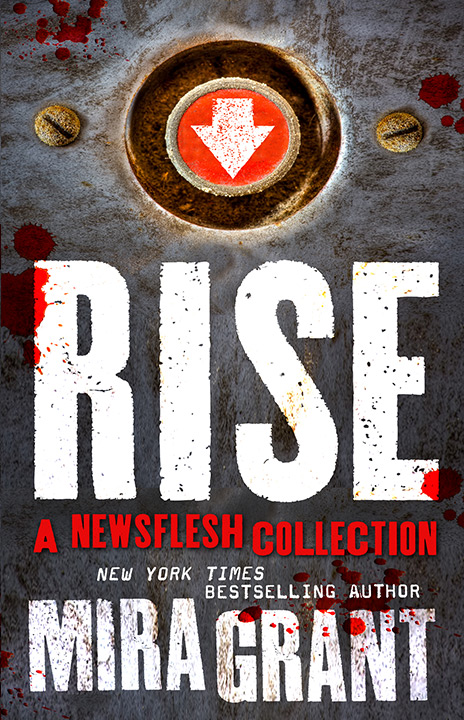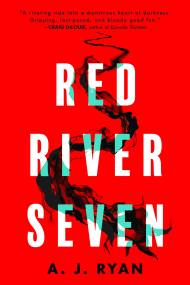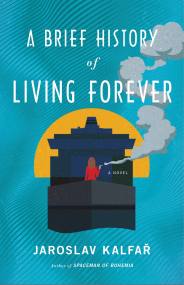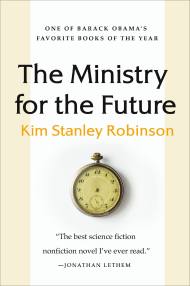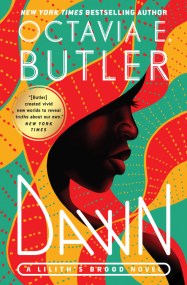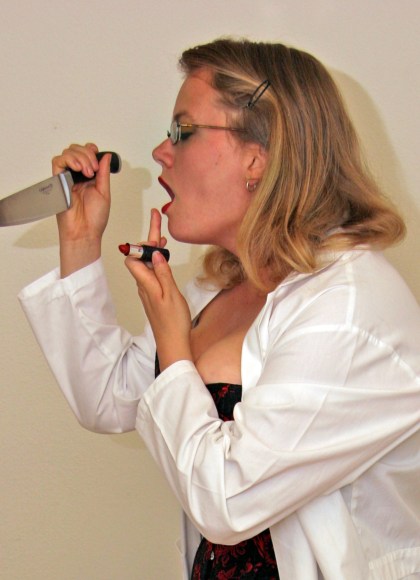Promotion
Use code MOM24 for 20% off site wide + free shipping over $45
Rise
The Complete Newsflesh Collection
Contributors
By Mira Grant
Formats and Prices
Price
$9.99Price
$12.99 CADFormat
Format:
- ebook $9.99 $12.99 CAD
- Hardcover $25.00 $30.00 CAD
- Audiobook Download (Unabridged)
This item is a preorder. Your payment method will be charged immediately, and the product is expected to ship on or around June 21, 2016. This date is subject to change due to shipping delays beyond our control.
Also available from:
We had cured cancer. We had beaten the common cold. But in doing so we created something new, something terrible that no one could stop. The infection spread, a man-made virus taking over bodies and minds, filling them with one, unstoppable command. . . FEED.
Mira Grant creates a chilling portrait of an America paralyzed with fear. No one leaves their houses and entire swaths of the country have been abandoned. And only the brave, the determined, or the very stupid, venture out into the wild.
Contents:
Countdown
Everglades
Sand Diego 2014
How Green This Land, How Blue This Sea
The Day the Dead Came to Show and Tell
Please Do Not Taunt the Octopus
All the Pretty Little Horses
Coming to You Live
More from Mira Grant:
Newsflesh
Feed
Deadline
Blackout
Feedback
Rise
Genre:
-
"A rich expansion on a beloved universe."New York Times on Rise
-
"While there's plenty of zombie mayhem, political snark, and pointedly funny observations here, the heart of this book is about human relationships, which are still the most important thing in the world...even in a world where you might have to shoot the person you love most in the head, just to stop them from biting off your face."Locus on Feed
-
"Feed is a proper thriller with zombies. Grant doesn't get carried away with describing her world or the virus. She's clearly thought both out brilliantly, but she doesn't let it get in the way of a taut, well-written story."SFX on Feed
-
"Gripping, thrilling, and brutal... Shunning misogynistic horror tropes in favor of genuine drama and pure creepiness, McGuire has crafted a masterpiece of suspense with engaging, appealing characters who conduct a soul-shredding examination of what's true and what's reported."Publishers Weekly (Starred Review) on Feed
-
"It's a novel with as much brains as heart, and both are filling and delicious."The A. V. Club on Feed
-
"OK, all of you readers who want something weighty and yet light, campy and yet smart, horror with heart, a summer beach read that will stay in your head and whisper to you "what if," Deadline is just what you are looking for."RT Book Reviews on Deadline
- On Sale
- Jun 21, 2016
- Page Count
- 656 pages
- Publisher
- Orbit
- ISBN-13
- 9780316309561
Newsletter Signup
By clicking ‘Sign Up,’ I acknowledge that I have read and agree to Hachette Book Group’s Privacy Policy and Terms of Use
